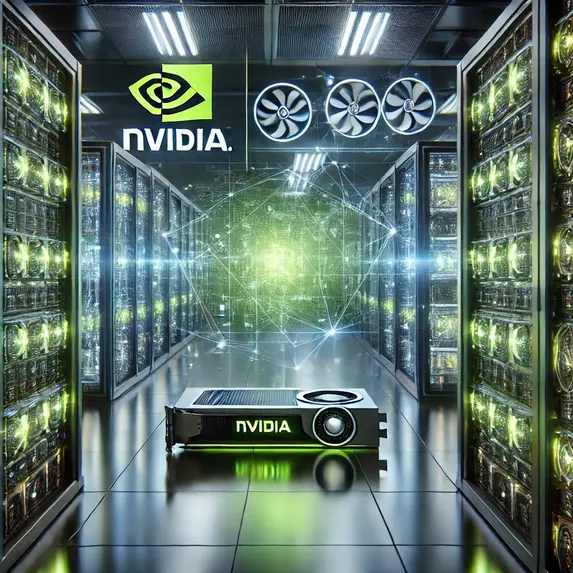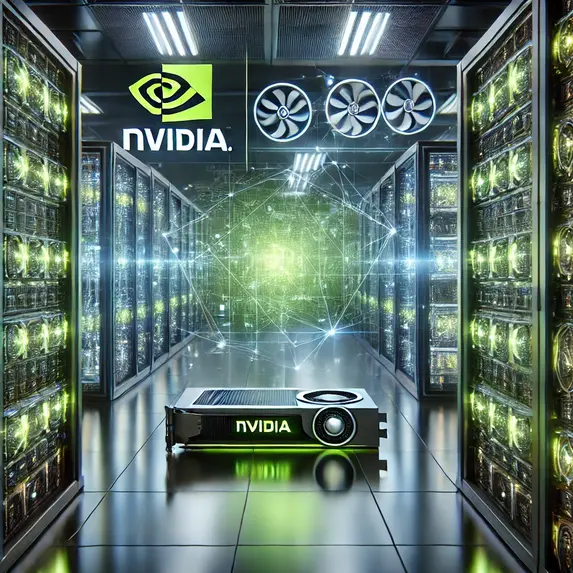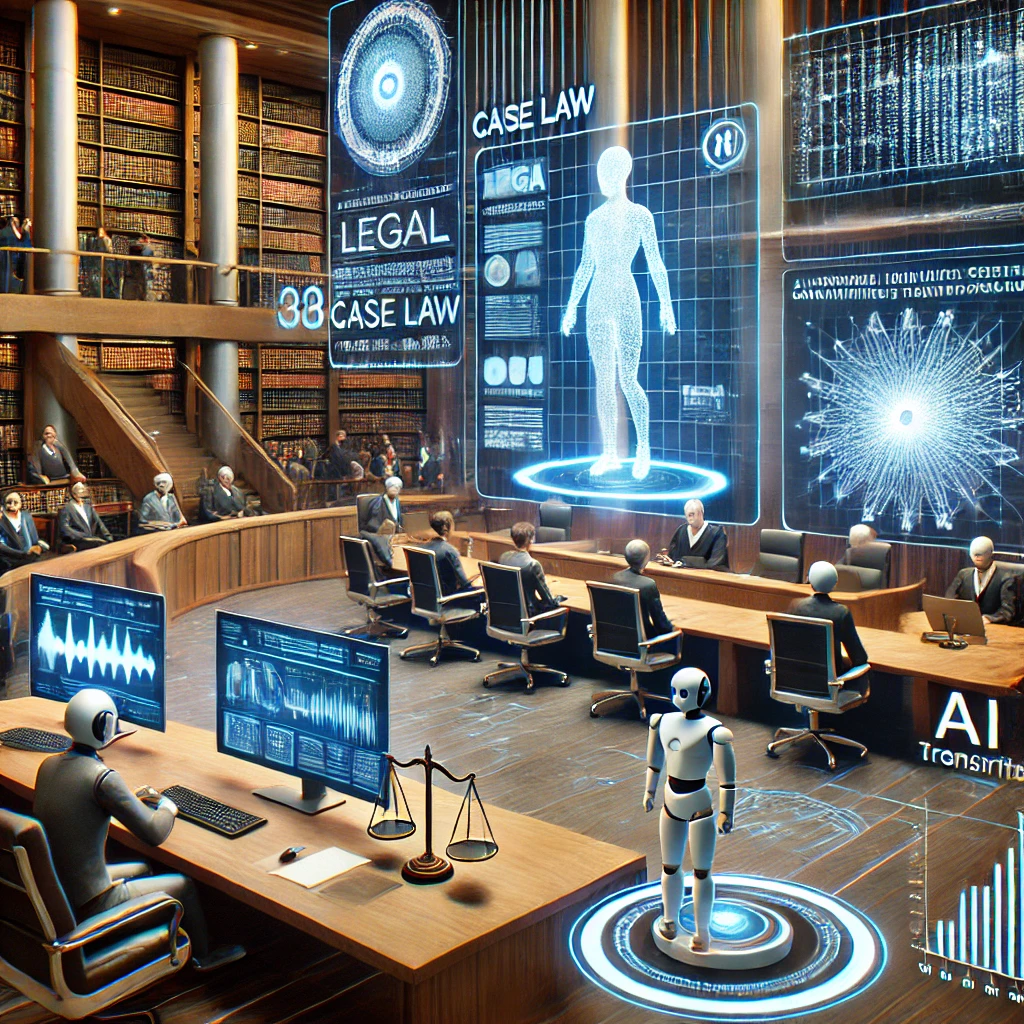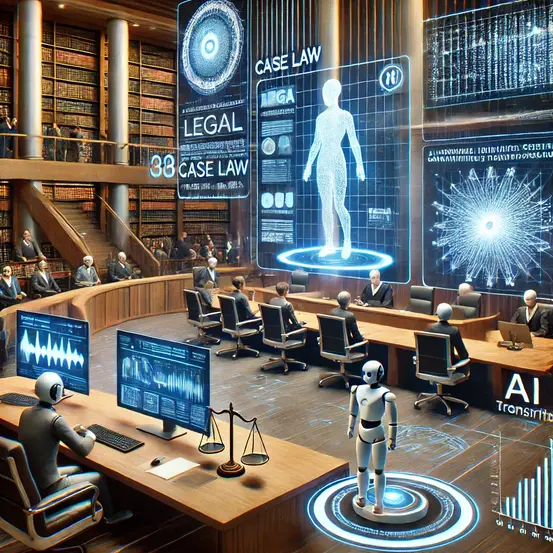Meta has unveiled the Aria Gen 2, an advanced research-focused headset that seamlessly integrates artificial intelligence (AI) and augmented reality (AR) technologies. Building upon its predecessor, this new iteration is designed to enhance machine perception research, offering a robust platform for AI and robotics experimentation.

Enhanced Sensor Suite and AI Integration
The Aria Gen 2 boasts a comprehensive sensor suite, including advanced cameras and microphones, enabling precise environmental mapping and interaction. A notable addition is the photoplethysmography (PPG) sensor, which monitors the user’s heart rate, providing valuable physiological data for research applications. The integration of Meta’s AI capabilities facilitates sophisticated tasks such as hand tracking, eye tracking, and speech recognition, paving the way for more intuitive human-computer interactions.
Design and Usability Enhancements
Weighing approximately 75 grams, the Aria Gen 2 is designed for extended wear, ensuring user comfort during prolonged research sessions. It features open-ear “force-canceling” speakers, delivering clear audio without isolating the user from their surroundings—a crucial aspect for AR applications. The device offers up to eight hours of battery life, supporting extensive field research without frequent recharging.
Advancements in AI-Enhanced AR
Meta’s commitment to AI-enhanced AR is evident in the Aria Gen 2’s capabilities. The headset can capture detailed environmental data, which, when processed through Meta’s SceneScript model, identifies and categorizes real-world objects such as walls, windows, doors, and furniture. This functionality is instrumental in developing more immersive and interactive AR experiences, contributing significantly to the fields of AI and robotics research.
Research and Development Applications
The Aria Gen 2 is tailored for researchers focusing on machine perception systems, AI, and robotics. By providing open-source datasets and models, Meta aims to foster collaboration and innovation within the research community. This approach ensures that the device serves as a versatile tool for exploring complex AI and AR challenges, facilitating advancements in various technological domains.
Meta’s introduction of the Aria Gen 2 signifies a substantial leap in AI and AR research tools. With its enhanced sensor suite, AI integration, and user-centric design, the headset is poised to accelerate developments in machine perception and human-computer interaction. As Meta continues to push the boundaries of immersive technology, the Aria Gen 2 stands as a testament to the potential of AI and AR in shaping the future of research and everyday experiences.
Sources-








